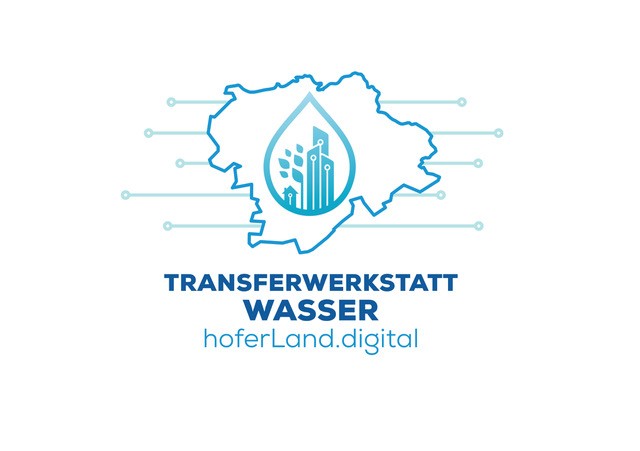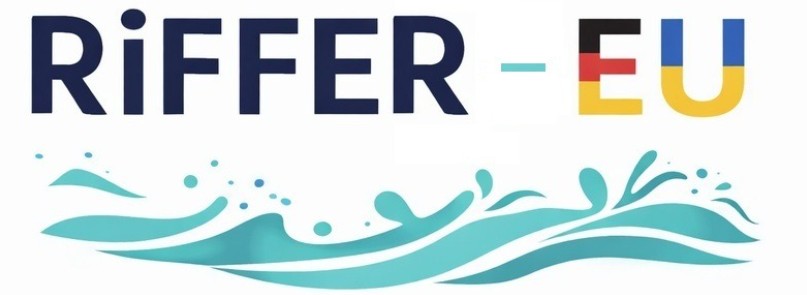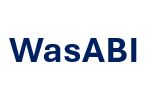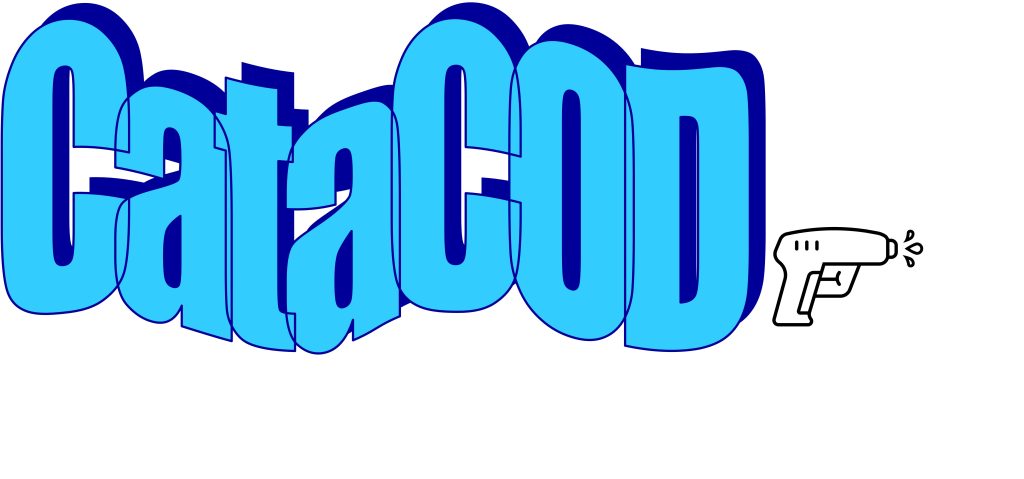
The Water transfer workshop hoferLand.digital is a sub-project of the Smart City model project of the district of Hof, which uses digital technologies specifically as a tool to make water-related climate change challenges manageable at regional level and to sustainably improve the living conditions of the population. Anchored in topic area C "Digital H2O Management" of hoferLand.digital, the sub-project is aimed at all 27 municipalities in the district and sees itself as a bridge between research, municipal practice and digitally supported climate adaptation.
Package of measures 1: Task and situation analysis in the municipalities
The central methodological basis is the multi-level analysis developed by Hof University of Applied Sciences, which is used to identify the current task situation, existing plans, "anyway potential" and possible sponge measures in each of the 27 municipalities. The results are digitised, evaluated using a web-based analysis tool and jointly prioritised; based on this, possible action plans and implementation concepts are developed. In a meta-analysis, interfaces, synergies and overarching potential measures are worked out for all 27 municipalities in order to identify and implement the potential for joint projects.
Package of measures 2: Concrete implementation projects
A structured transfer of the results beyond the district is part of the funding mandate: All analyses, tools, data structures and recommendations for action are checked for their transferability, compared with existing guidelines for sponge city planning and training curricula (including "Der Weg zur Schwammstadt"; "Fachingenieur Digitalisierung Wasserwirtschaft") and documented.
The Transferwerkstatt Wasser combines applied research, digital innovation and municipal action to create a laboratory space in which data-based climate adaptation is scientifically evaluated and water-related issues are tested in practice and anchored regionally.
The research here is tough.










News about the inwa and its events.